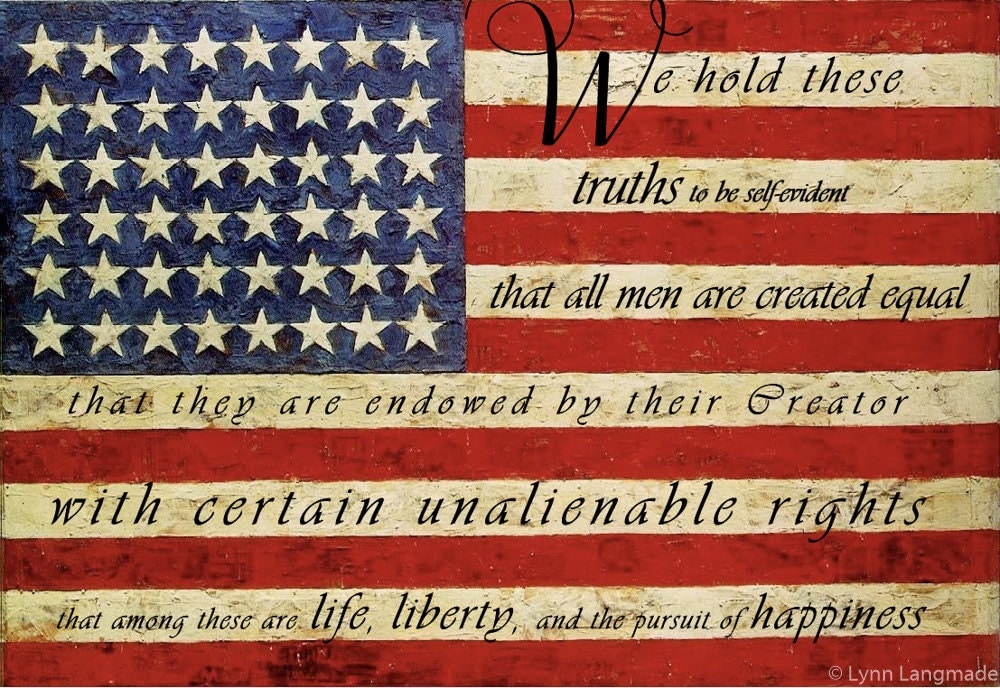What to do About the Poor?
states
that America is affluent… I agree and disagree with this statement. Our country
in the grand scheme of the world is a very well off nation, there are many
employed people, living conditions are adequate and people are well fed. On the
other hand, our overall economy struggles, several of our jobs are being sent overseas
and wages are dropping for current employees of big corporations. I believe
affluent nations have fairly low poverty rates, low unemployment rates and good
living conditions. The results of affluent nations include the overall nation taking
care of its people who are less off. If they help the less unfortunate people out,
then the overall status of the nation will increase. Galbraith
If a nation is overall prospering then to a certain extent, it
is the government’s job to establish available jobs for the citizens who are
struggling to find employment. In order to close the gap between the rich and
the poor, I believe employment is the first step. I don’t think the rich need
to be punished for being well off but instead the poor need to be driven into
work. Our county cannot afford to tax the working class more than what is
currently being done, instead the unemployed need to be driven into jobs and
start to earn money for themselves.

